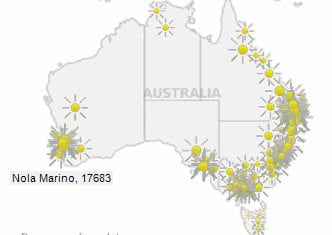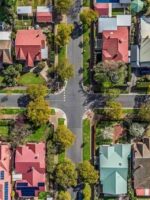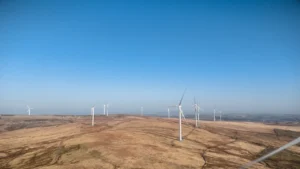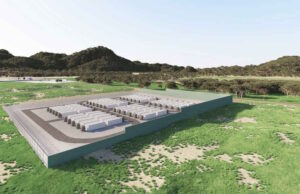For years, some politicians have wanted to dismiss rooftop solar PV (and other renewables), as a middle class fetish for wanting to be green. The last thing they would have expected was solar emerging as a political issue, not just on the state and national scale, but in their own electorate.
Both views have now been shown to be mistaken.
A whole series of surveys and postcode analysis have shown that Australia has one of the highest deployments of small scale systems on household roofs in the world – beaten only by Japan – and most of this has been put on the rooftops of households in the nation’s mortgage belts, in the city and in regional areas.
Finally, someone has done the obvious and made the effort to link these installations with electoral divisions. The results will take many politicians by surprise. Now they must now sit up and take notice.
The Australian Solar Council, the Solar Energy Industries Association and the community-based lobby group 100% Renewables teamed up to commission leading industry analyst Sunwiz to plot a solar electorate map, which shows where householders are investing in solar panels and hot water systems to cut their power bills.
The new map is designed to help federal MPs see just how many solar voters there are in their local area and demonstrate how important the Renewable Energy Target (RET) is for their electorate, and how rooftop solar is treated not just by the RET, but by state-based tariffs and by their local utilities and network providers, many of whom are fearful of what solar PV will do to their business.
The leading electorate with the most number of rooftop solar systems is Wright in south-east Queensland, held by the Liberal National Party’s Scott Buchholz. The electorate with the second highest uptake of rooftop solar – both PV and hot water systems – is Lalor, the seat held by Prime Minister Julia Gillard (25,829 systems).
Contrary to popular belief, rooftop solar is not the province of the inner city latte set – possibly because in some inner suburbs the wealthy don’t notice electricity bills, or because their rooftops are not suitable. Greens MP Adam Bandt’s inner city seat of Melbourne (2,849) has one of the lowest deployments, as do the seats of Peter Garrett (2,527) and Malcolm Turnbull (1,265).
The electorates of Energy Minister Martin Ferguson rates fairly low (4,377). His opposite number, Ian Macfarlane rates higher (8,936), and the electorates of Climate Change Minister Greg Combet (11,455) and that of his counterpart Greg Hunt (12,971), are also high.
What is interesting is that many marginal seats, and many held by the Coalition, also have high numbers of rooftop solar installations. The solar lobby groups say that this means that if people vote on the basis of which party has helped them install solar and manage their power bills, or will help them best in the future to meet the upfront cost of solar, solar voters will be able to change the outcome in a number of key marginal seats.
Nearly four million Australians, and one million households, have solar on their roofs, and at least double that are expected to follow in the next two years – more in the years to follow. As we pointed out earlier this year, the introduction of financing initiatives such as solar leasing have the potential to make solar available to an even greater demographic. We suggested then that Zero Cost solar could be Gillard’s secret election weapon. In reality, it is available to either party, although the Coalition will have to update its one million solar homes policy to a one million more solar homes policy.
“Support for solar will be a hot issue in the 2013 election,” says Lindsay Soutar, 100% Renewables National Campaign Co-ordinator. “Solar offers householders the ultimate financial control over their power bills so voters will be looking to see which party will help them manage their energy bills now and in the future.”
But even if householders are pushing for a fairer deal on solar, and are pushing back against the increasing cost of the grid-supplied electrons, it seems politicians and their advisors are still slow to notice.
RenewEconomy on Thursday pointed out the position of Joel Fitzgibbon, who last week suggested that the RET should be dumped. He admitted he was speaking on behalf of the workers at the two coal-fired power stations in his electorate, but did not register that parts of his electorate have large amounts of solar.
Even today, News Ltd quoted the ACCC chief Rod Sims warning against householders making rash decisions about rooftop solar. “I don’t blame an individual for taking advantage of very high subsidies,” he told the Sunday Mail. “But I would say don’t assume electricity prices are going to be sky-high. Don’t fall for an argument they are going up 500 per cent in the next five years.”
Er, that’s not the point. As the Australian Energy Market Operator suggested in June, the uptake of rooftop solar would likely be widespread because of falling costs of rooftop solar panels, and as a hedge against rising electricity prices. These don’t need to rise by 500 per cent.
A further breakdown of the data is available here. The list of the marginal electorates with the most amount of solar, along with a story about how some politicians don’t understand the link between rooftop solar and the renewable energy target, is here.








